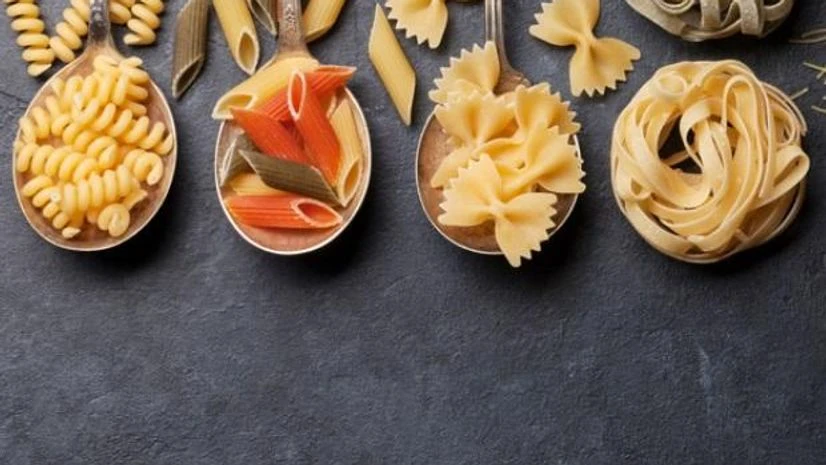October 25 is celebrated as World Pasta Day. This very famous Italian dish has become a favourite for many people even in India today. In spite of the fact that pasta was generally made in red, and white sauce, today because of its rising popularity, you get to see numerous forms of it. It can be cooked in both veg and non-veg forms.
This day is a potential chance to explore the rich history and importance of pasta, its role in different cooking styles, and the immense range of pasta types that make it a worldwide culinary sensation.
World Pasta day: History
Pasta's history is rich and it is believed that pasta was first made in China around 1700 BC. Marco Polo is frequently credited with carrying pasta to Italy, however, pasta-like dishes existed in Italy a long time before his time.
"Pasta" is derived from the Italian word "paste," and that signifies "dough." In Italy, pasta is a staple food because of its long time span of usability, making it ideal for long sea voyages.
Pasta production was industrialised in the 19th century, permitting it to be mass-produced and distributed universally. In the 20th century, pasta's fame took off around the world. Types and cooking methods extended, and pasta turned into a staple in numerous nations, from Italian classics like spaghetti and lasagna to Asian noodle dishes.
What is the importance of pasta?
Pasta is many times an essential part of balanced diets with sufficiency in fibre, carbohydrates and other nutrients. This day urges people to cook and use pasta as a way of living a healthy life. It features the financial, cultural, and social meaning of pasta creation and consumption.
World Pasta Day also focuses on the sustainability of pasta consumption and the worldwide pasta industry's commitment to environmentally friendly practices.
More From This Section
Types of pasta mostly eaten in India
Given below is a list of mostly eaten pastas involved in Indian kitchens and restaurants:
Penne- This is the most commonly used pasta; it’s short, tubular pasta with angled ends. The edges on penne help the sauce and meat or vegetable grip to the pasta, so that you get a full flavor with each spoon.
Macaroni- Known for kids' favourite, this pasta comes in various lengths, sizes and thickness, depending upon the creation. This flexible pasta can be utilized in a wide assortment of dishes from breakfast to the popular mac and cheese or a cold salad.
Spaghetti - This chewy heap of deliciousness is what noodles are to Chinese food. It tends to be served in a tomato base or delicately seasoned with olive oil, garlic, salt and pepper for the traditional spaghetti Aglio e Olio.
Fusilli- This corkscrew-shaped pasta functions admirably to hold the sauces. The twisted shape traps coarse sauces, particularly those with pieces of vegetables or meat.
Lasagne-This wide, flat pasta is another favourite and goes well with vegans and non veg lovers. It is commonly layered with sauce, cheese and vegetable/non veg to shape the well known casserole dish, which is totally delightful and delicious.
Ravioli-This stuffed pasta can have a vegetable or meat filling. This pasta is regularly square with wavy edges. It works out in a good way for a minimal buttery sauce or can be added to creamy bases too.
Fettuccini - Long, flat and ribbon-like, this pasta is particularly well-known in Italian cooking styles. It's slightly thicker and is best matched with heavier sauces, for example, spinach-cream or Alfredo.

)
